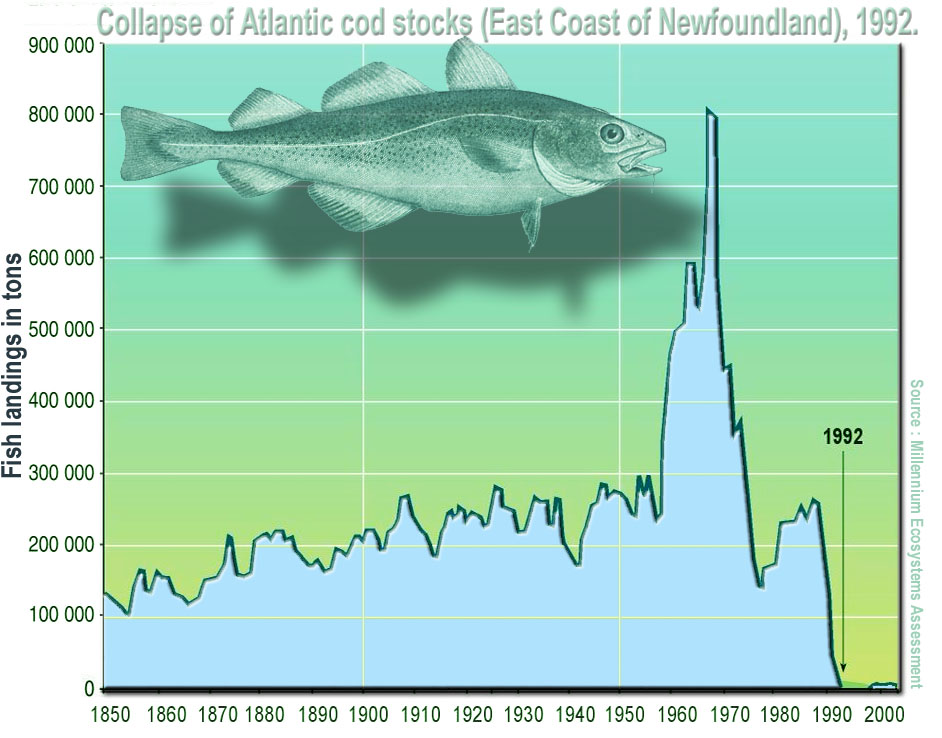Which method of fishing do you choose(竭澤而漁)
China's Spring and Autumn Period. There
will be a battle between the Jin Kingdom and the Chu Kingdom.
The Chu Kingdom has more soldiers than the
Jin Kingdom. The military is stronger than the Jin Kingdom.
The king of the Jin Kingdom held a military
meeting. Ask all the ministers for their opinions.
The first minister replied.
I think we should only consider how to win.
Do not consider the consequences of winning this victory.
We can win this war in an immoral way.
The second minister replied.
There was a man who wanted to eat fish, so
he drained the entire pond, and he caught all the fish in the entire pond at
once.
If this person wants to eat fish next year,
where is he going to catch fish?
There was a man who wanted to eat meat, so
he burned all the trees in the entire forest, and he took all the animals in
the entire forest at once.
If this person wants to eat meat next year,
where is he going to catch animals?
We cannot only think about how to win. Do
not consider the consequences of winning this victory.
How are we different from this person?
The king later adopted the advice of the
first minister.
The Jin Kingdom defeated the Chu Kingdom.
At the celebration banquet, he gave the
second minister the most reward.
Many ministers were very unconvinced. They
asked the king why it was so unfair.
The king answered.
The first minister’s suggestion allowed us to win this war, but it can only solve our
difficulties once.
Only by following the advice of the second
minister can we continue to win all subsequent wars.
The meaning of this idiom is to remind us
not only to see the immediate benefits, but to use a long-term perspective to
define victory.
Dear friend, what inspiration or thoughts
did you have after hearing this story.
Do you only consider short-term benefits
and ignore how to maintain sustainability? Do you agree with the king's
practices and statements?
I hope this story will give you some new
gains.
竭澤而漁(Which method of fishing do you
choose)
中國的春秋時代。晉王國與楚王國之間即將對戰。
楚王國的士兵比晉王國多。軍力比晉王國更強大。
晉王國的國王召開軍事會議。詢問所有大臣的意見。
第一個大臣回答。
我認為我們應該只考慮到如何贏得勝利。不考慮贏得這場勝利之後的後果。
我們可以用不道德的方式贏得這場戰爭。
第二個大臣回答。
有一個人要吃魚,所以他把一整個水池的水都放乾,他一次抓走整個池塘中所有的魚。
如這個人明年要吃魚,他要去哪邊抓魚呢。
有一個人要吃肉,所以他把一整片森林的樹都燒光,他一次抓走整個樹林中的所有動物。
假如這個人明年想要吃肉,他要去哪邊抓動物呢。
我們不可以只有考慮到如何贏得勝利。不考慮贏得這場勝利之後的後果。
我們跟這個人有甚麼差別呢。
國王後來採取第一個大臣的建議。
晉王國打敗了楚王國。
在慶功宴上,他給了第二個大臣最多的獎賞。
很多大臣都很不服氣,他們問國王為何如此不公平。
國王回答。
第一個大臣的建議讓我們贏了這一場戰爭,但這只能解決我們一次的困難。
我們只有遵循第二個大臣的建議,才可以持續不斷的贏得之後的所有戰爭。
這句成語的意思是提醒我們不能只看見眼前的利益,而要用長遠的眼光去定義勝利。
親愛的朋友,你聽完這個故事有怎樣的啟發或有怎樣的想法呢。
你只考慮短期的益處而忽略如何保持永續嗎?你認同國王的作法與說法嗎?
我期待這故事能讓你產生一些新的收穫。
